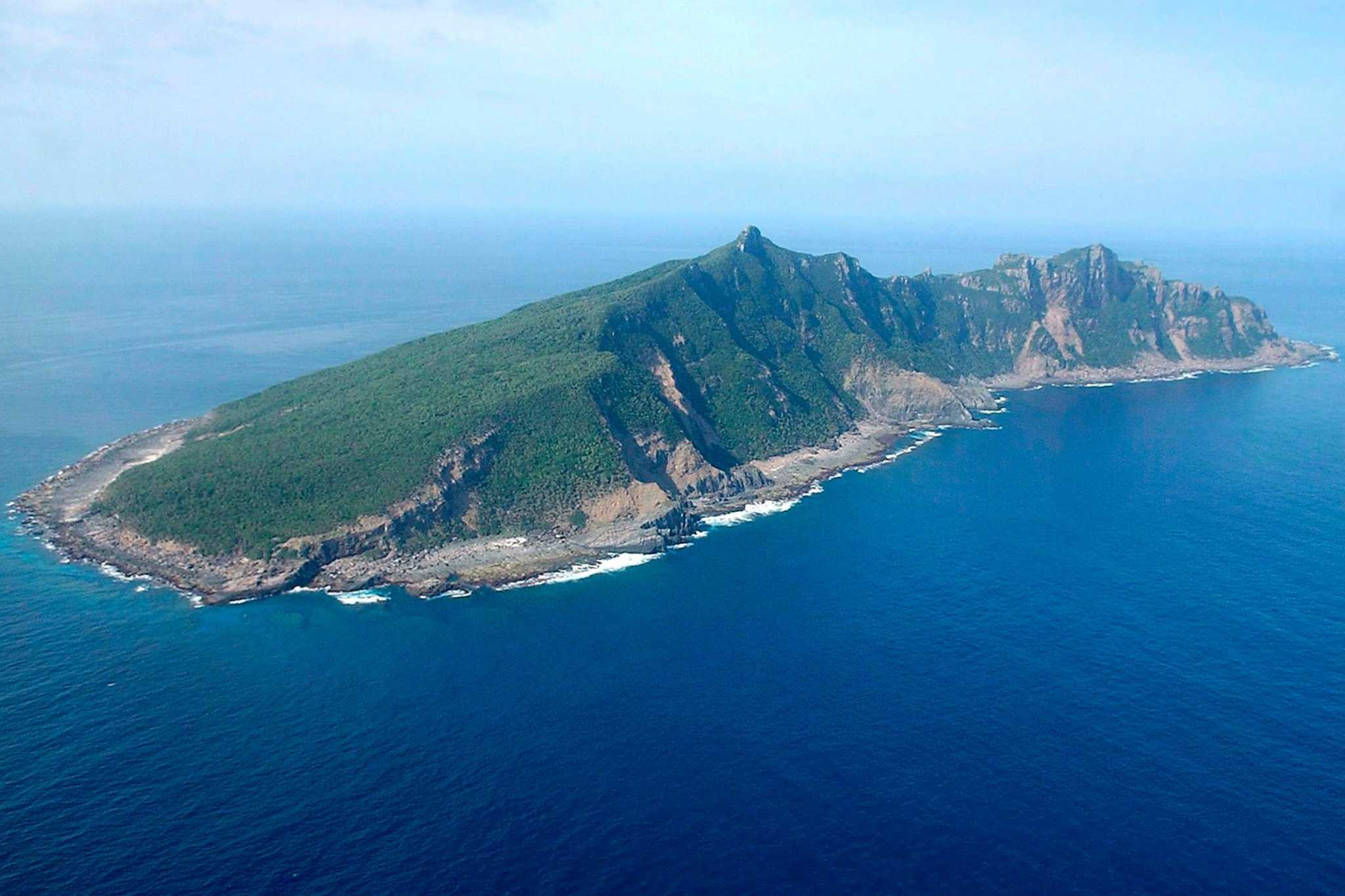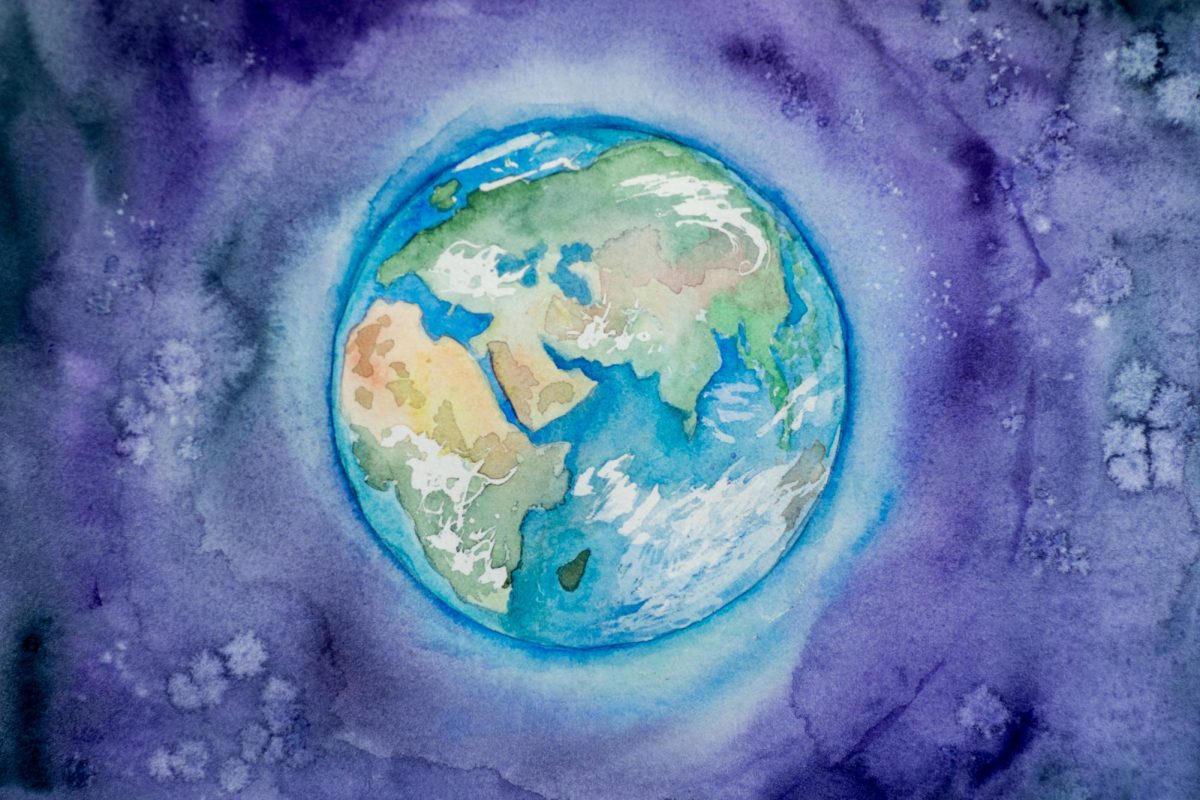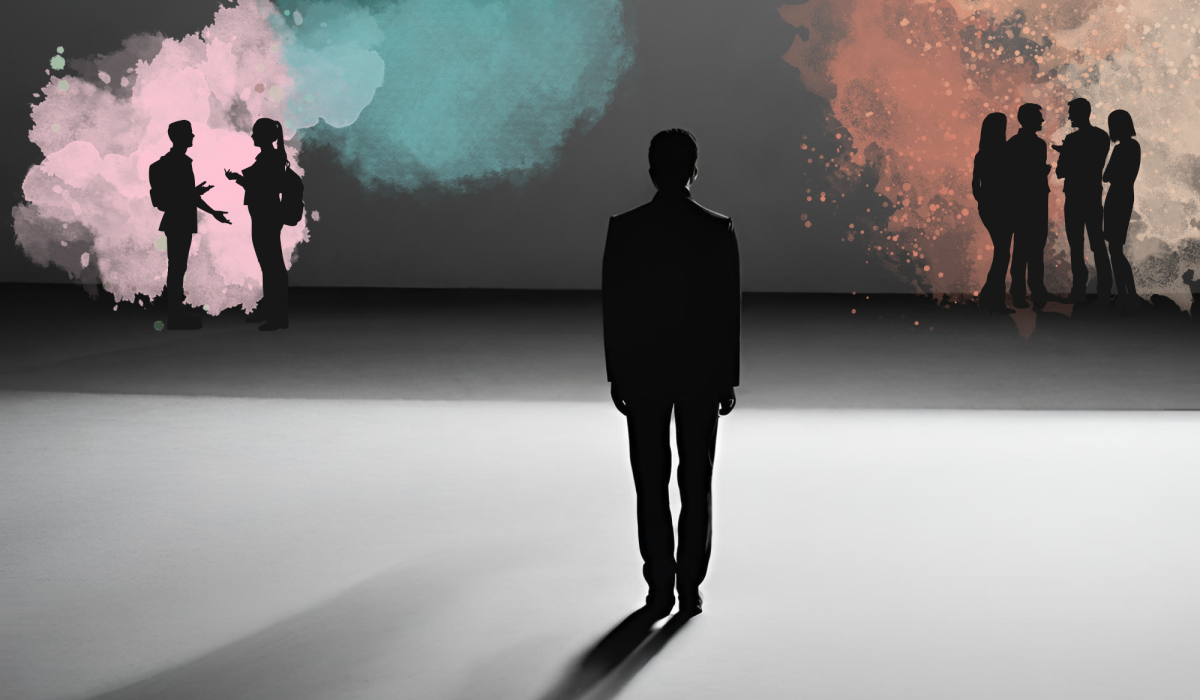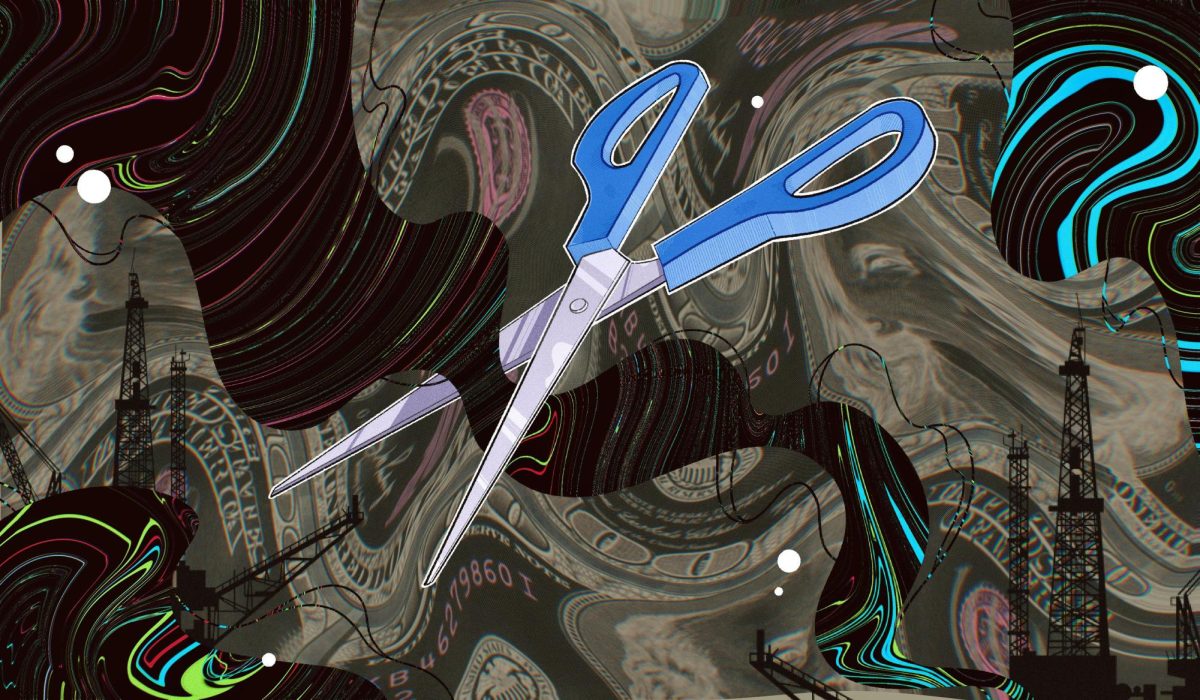Dear Editor,
As the 72nd Day of Infamy, this next Saturday, approachs [sic], there has already had a very limited debate in Japan, and the Liberal Democratic Party-led government has decided to remilitarize. Meanwhile, Japanese Prime Minister Shinzo Abe and U.S. Vice President Joe Biden have urged China to withdraw its newly declared air defense identification zone.
And our woman in Tokyo, Caroline Kennedy, stipulates that the two governments will not allow China to change the status quo in the East China Sea — the Senkakus — by use of force. However, neither she nor they have alluded to Japan’s new secrecy law, which imposes a stiff sentence on whistleblowers. Ms. Kennedy make some assuring remarks during her Sept. 19, 2013 confirmation hearing: “In my books on the Bill of Rights and the Right to Privacy, I sought to engage young audiences in the debate over our fundamental rights and to give them the tools and understanding to advance and defend our liberties … I first visited Japan in 1978 with my Uncle, Senator Kennedy, and was deeply affected by our visit to Hiroshima.”
The first female United States Ambassador dispatched to Tokyo enjoys a close relationship with President Barack Obama, having co-chaired the President’s successful 2012 re-election bid. The 55-year-old envoy, an ex-attorney said that she feels proud to “carry forward my father’s legacy of public service. This appointment has a special significance as we commemorate the 50th anniversary of my father’s Presidency … I am conscious of my responsibility to uphold the ideals he represented — a deep commitment to public service, a more just America and a more peaceful world. As a World War II veteran who served in the Pacific, my father had hoped to be the first sitting President to make a state visit to Japan.”
“Our countries,” said Ms. Kennedy, “are bound by deep political, economic, cultural and strategic ties and our partnership has a global reach. We share a commitment to freedom, human rights and the rule of law. Japan is the world’s third largest economy, our fourth largest trading partner and the second largest source of foreign direct investment in the United States. Also, Japan is home to 50,000 U.S. troops, the Seventh Fleet and 170,000 American citizens. As the United States rebalances toward Asia, our alliance with Japan remains the cornerstone of peace, stability, and prosperity in the region, as it has been for more than 50 years.”
It’s necessary to reemphasize a couple of points. One is that tensions between Japan and China are higher than at any time since the end of World War II. The issue of the Senkaku islands, although unknown to most Americans, is very high on the agenda of both Japan and China. There have been incidents of significant tension in that region, and there has been movement of Chinese ships there and a military presence. Do you share my concern about this situation? MS. KENNEDY: It’s a matter of grave concern.
— Richard Thompson
UCSD Alumnus ‘83








